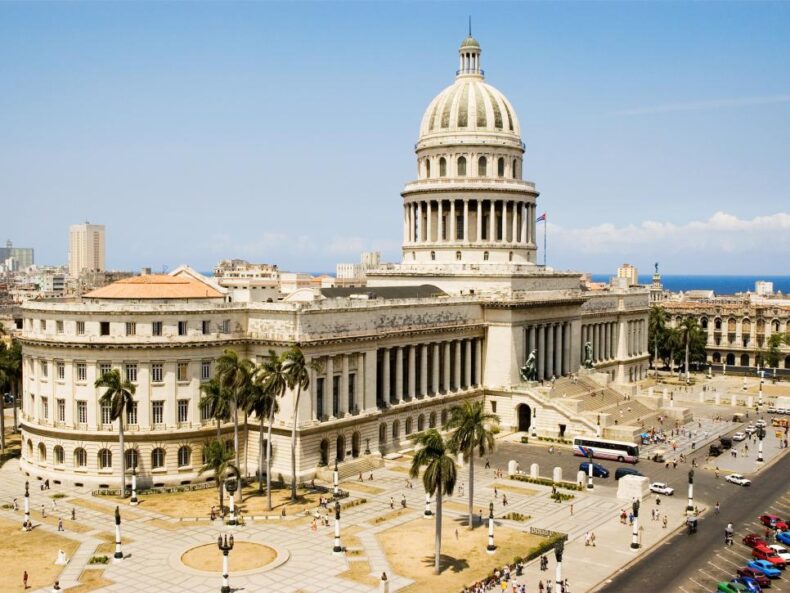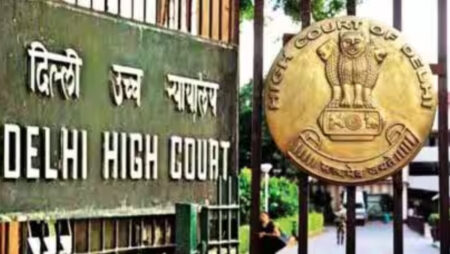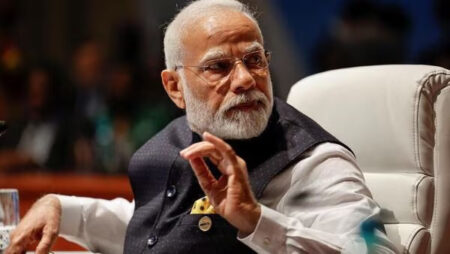Following widespread demonstrations against the government in July of last year, Cuban lawmakers on Sunday passed a new penal code for the country. This code is currently being criticized by a number of rights groups, who claim that a clause in the code pertaining to foreign funding may be used to unjustly stifle dissent and independent journalism.
The administration has said that the new code, which replaces criminal legislation that was established more than 30 years ago by a previous leader of Cuba named Fidel Castro, is in accordance with the country’s new constitution, which was passed by referendum in 2019, as well as international treaties.
According to a report in the daily Granma, the president of Cuba’s Popular Supreme Court, Ruben Remigio Ferro, said that the code was compliant “with international legal instruments on criminal cases, always safeguarding human rights.”
The legislation, which is comprehensive, toughens the punishments for crimes and acts of aggression against women, as well as for discrimination and violations of environmental laws.
However, a number of foreign media organizations have expressed concern that a particular major provision may have the effect of stifling journalists.
The code establishes new criminal offenses, which are categorized as “other acts against the security of the State,” with the intention of combating “the financing of counterrevolutionary, subversive, or any other illegal activity…on behalf of a government, international organizations, non-governmental or other organizations.”
The Committee to Protect Journalists, which has its headquarters in New York City, said that the provision would have a “catastrophic impact” on independent media in Cuba since it would make receiving financing from outside illegal.
It is commonly believed that the demonstrations that took place in July of last year were the greatest since Fidel Castro’s revolution in 1959. The Cuban government has claimed that the United States sponsored and fomented these rallies, which is a felony that might potentially face more severe punishments.
The United States of America has denied having any participation in the demonstrations that took place on July 11.
The legislation also establishes that the age of criminal responsibility is 16, but it restricts the use of imprisonment for people under the age of 18 to “severe offenses owing to their social or economic connotation, or [those] that jeopardize the security of the State.”
According to Granma, Remigio Ferro said during the discussion of the new code on Sunday, “Do not forget that this segment of the population includes those [recruited by the enemy] to promote actions of subversion against the country’s political order,” and he said this during the discussion of the new code.
In a statement issued on May 12th, the United Nations Committee on the Rights of the Child took notice of reports that Cuba had arrested minors under the age of 16 in response to the demonstrations on July 11th.
Claims that members of the Cuban government mistreated or tortured youngsters are not supported by evidence, according to the Cuban government.
Once it has been published in Cuba’s official gazette, the code will enter into force ninety days after it has been published there.













